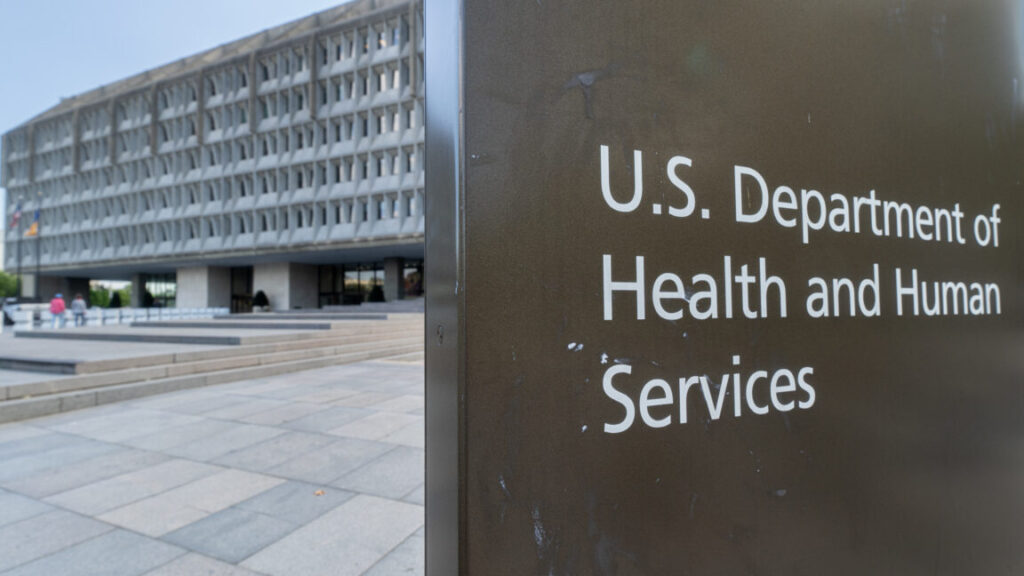Elon Musk asks court to block OpenAI conversion from nonprofit to for-profit
OpenAI provided a statement to Ars today saying that “Elon’s fourth attempt, which again recycles the same baseless complaints, continues to be utterly without merit.” OpenAI referred to a longer statement that it made in March after Musk filed an earlier version of his lawsuit.
The March statement disputes Musk’s version of events. “In late 2017, we and Elon decided the next step for the mission was to create a for-profit entity,” OpenAI said. “Elon wanted majority equity, initial board control, and to be CEO. In the middle of these discussions, he withheld funding. Reid Hoffman bridged the gap to cover salaries and operations.”
OpenAI cited Musk’s desire for Tesla merger
OpenAI’s statement in March continued:
We couldn’t agree to terms on a for-profit with Elon because we felt it was against the mission for any individual to have absolute control over OpenAI. He then suggested instead merging OpenAI into Tesla. In early February 2018, Elon forwarded us an email suggesting that OpenAI should “attach to Tesla as its cash cow,” commenting that it was “exactly right… Tesla is the only path that could even hope to hold a candle to Google. Even then, the probability of being a counterweight to Google is small. It just isn’t zero.”
Elon soon chose to leave OpenAI, saying that our probability of success was 0, and that he planned to build an AGI competitor within Tesla. When he left in late February 2018, he told our team he was supportive of us finding our own path to raising billions of dollars. In December 2018, Elon sent us an email saying “Even raising several hundred million won’t be enough. This needs billions per year immediately or forget it.”
Now, Musk says the public interest would be served by his request for a preliminary injunction. Preserving competitive markets is particularly important in AI because of the technology’s “profound implications for society,” he wrote.
Musk’s motion said the public “has a strong interest in ensuring that charitable assets are not diverted for private gain. This interest is particularly acute here given the substantial tax benefits OpenAI, Inc. received as a non-profit, the organization’s repeated public commitments to developing AI technology for the benefit of humanity, and the serious safety concerns raised by former OpenAI employees regarding the organization’s rush to market potentially dangerous products in pursuit of profit.”
Elon Musk asks court to block OpenAI conversion from nonprofit to for-profit Read More »













